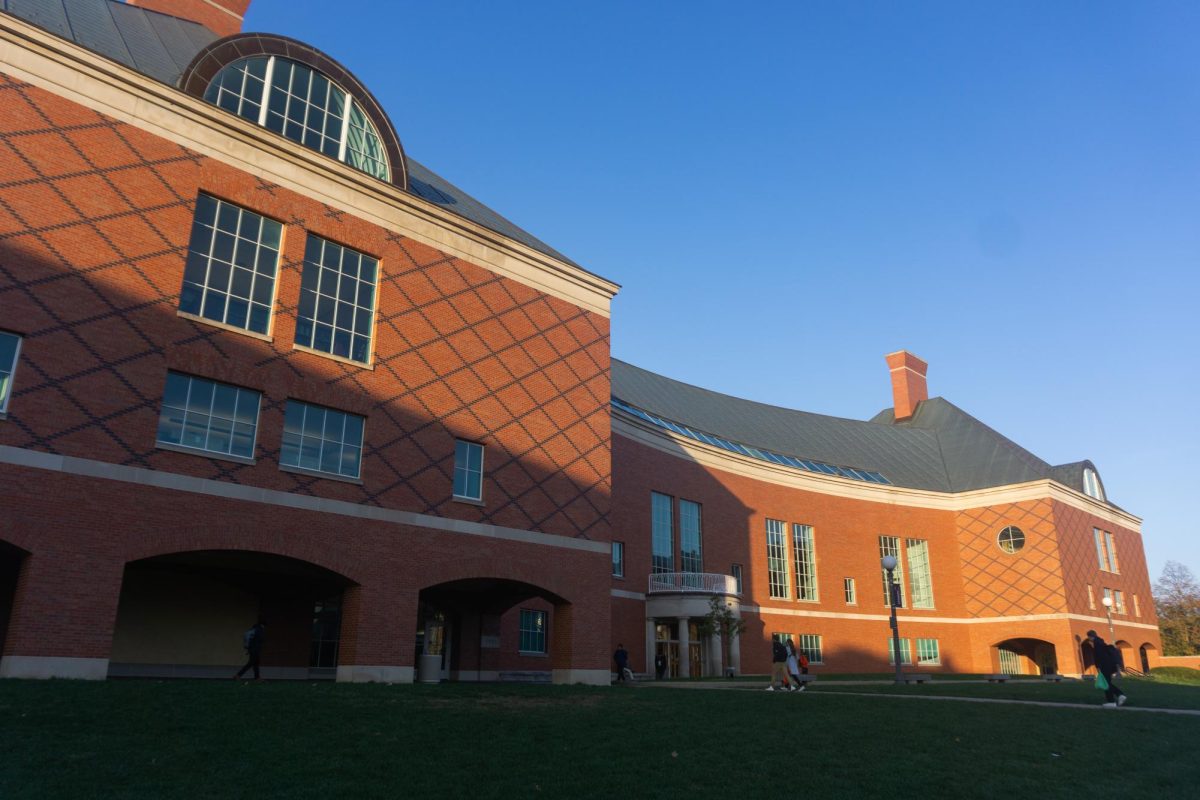Muhammed Sadiq, a PhD candidate from ITT, India, and visiting researcher at the University of Illinois-Chicago discussed the propagation of health misinformation through social media on Tuesday in a lecture sponsored by the Center for South Asian and Middle Eastern Studies.
Sadiq said the COVID-19 pandemic brought about two threats: the virus itself and an accompanying “infodemic” of misinformation. Sadiq himself researches the topic, focusing on the psychological basis and motivations of individuals.
Sadiq discussed several theories, including psychological ownership, social exchange theory and digital nudging. His main topic during the presentation was a study that he conducted in which he tested the latter.
Nudging is a method of combating the spread of misinformation on social media. Specifically, it refers to subtle hints rather than direct orders. For example, if a user were to share a possibly false article, a nudge would be a simple reminder of the potential authenticity of the source, rather than outright stopping the user from sharing.
“Our study contributes towards the existing literature on digital nudge theory and social media health misinformation,” Sadiq said. “Methodologically, we used a unique approach with an experimental study following focus group discussion.”
Get The Daily Illini in your inbox!
His work consisted of an experimental study where he used a self-developed web platform that would test different methods of digital nudges. It tested the exposure of misinformation and how digital nudging worked to combat its spread.
“The participants expressed that the privacy nudge induced fear in them about the damage that could happen to their reputation, their peer’s trust in them and legal consequences if they shared misinformation,” Sadiq said.






